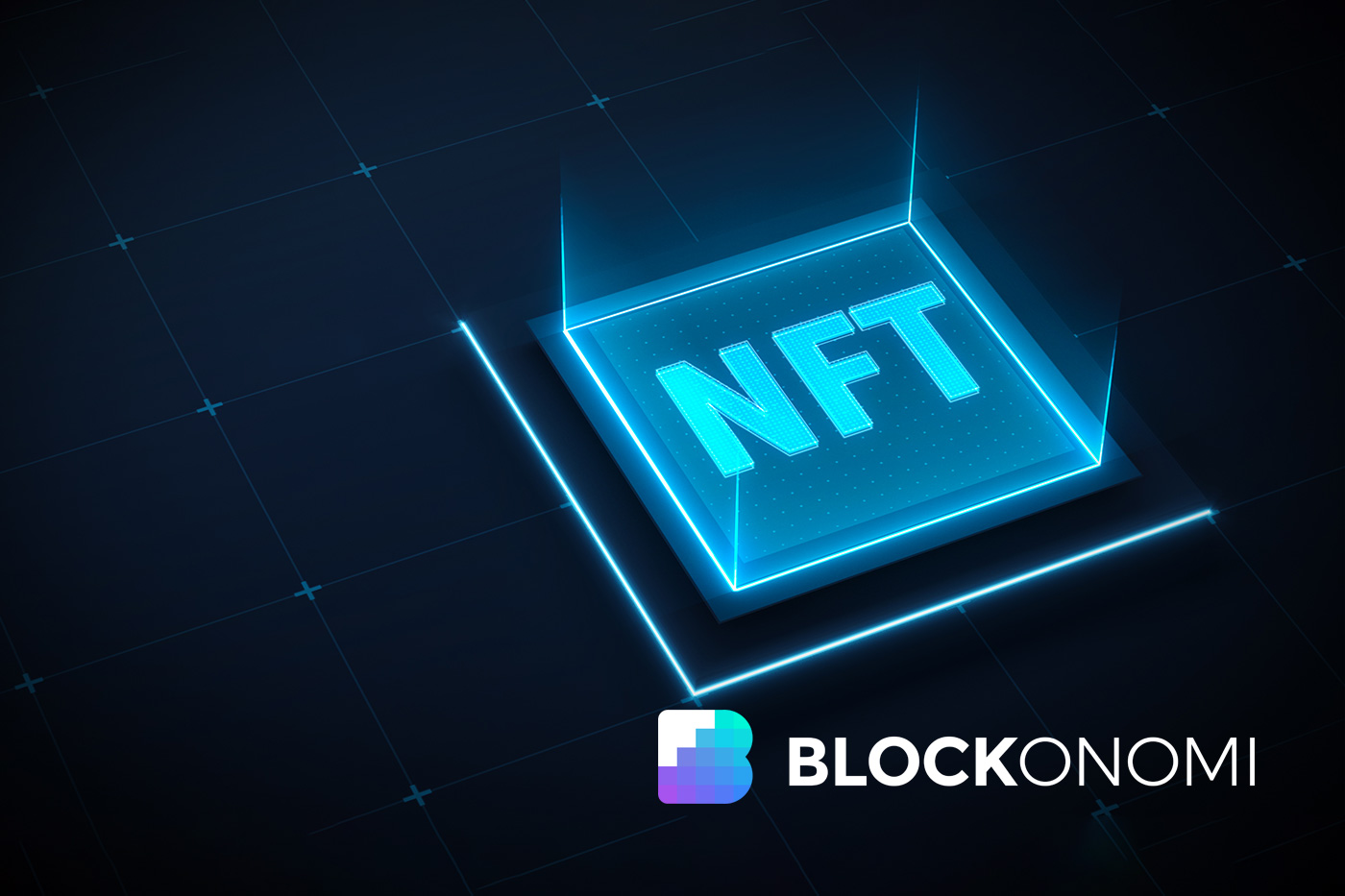Three years ago, NFTs were a dime a dozen, with a total market value of no more than $40 million.
However, the figure has already risen to many billions of US dollars. Because the market is expanding on a daily basis, it is hard to know how big the market is.
The rapid rise in cryptocurrency prices also drives fraudulent activities, as developers escape with coins or face a ban. Hype and popularity are always accompanied by increased risks. NFTs are no exception.
Steam And Epic Game Store: Conflicts Around NFTs
The global gaming community is divided over NFTs and crypto-based games. There are many high-profile firms that embrace innovation and believe in its potential, yet many do not show much support and even are opposed to the technology.
While games based on blockchain technology or allowing users to exchange NFT items are growing increasingly popular, Steam, one of the world’s major PC game distribution outlets, has recently chosen to restrict NFTs games on its platform, according to a new rule established by Valve.
SpacePirate, an NFT-based game developer, just revealed this dramatic step. When Valve refused to allow game items to have real-world worth, the developer learned about this issue.
The prohibition on Steam creates a great opportunity for its competitor, the game distributor Epic Store. The corporation stated that they had no intention of prohibiting NFTs items from being sold on their website and that they were also open to the notion of games utilizing NFTs or cryptocurrencies.
However, while Epic Store appears to welcome NFTs, an entire approach is unlikely to be present. Having said that, Fornite NFTs are not going to happen.
Ransomware Attack: A Wake-Up Call
Following the scamming project case on OpenSea a few weeks ago, a subsequent report revealed that hackers were attempting to steal cryptocurrency via malicious NFTs.
The poor reputation of NFTs-based game projects is also the cause for Steam’s ban and Epic Store’s reluctant move. Recall the case of the Evolved Apes. Thousands of investors in the Evolved Apes NFT project have been affected by this tragedy.
According to OpenSea, Evolved Apes is a collection of ten thousand unique NFTs in the form of monkeys. Those monkeys will compete to be the strongest monkey and gain position.
The project’s appealing advertisements drove thousands of investors to deposit money into it via the public offering of NFTs.
However, one week following the project’s launch, the anonymous developer known as Evil Ape vanished, as did the project’s Twitter account and website.
The blockchain data suggest that this developer took 798 Ether from the project’s finances through numerous withdrawals.
OpenSea faced some rough news last week, Check Point Research reported that many user accounts were hacked due to some technical issues on the NFT Marketplace. Fortunately, the solution came quickly.
When investigating the case, the CPR team pointed out that attackers were trying to transfer malicious NFTs to crypto holders and steal their funds.
It’s undeniable that NFTs’ uses can be found in almost any industry and that they are bringing multiple opportunities for artists to make money. But like other innovations in blockchain, some NFTs are easily hacked and attacked.
Because of the blockchain’s immutability and the lack of a centralized regulatory body, every transaction is legal in perpetuity, even if it is a theft.
Someone who gains access to your NFT account and transfers the NFTs to themselves will be the legal owner of the NFTs. Then there’s nothing you can do with your NFT and there is no bank or central body to turn to for assistance in resolving the matter.
The road for NFTs to go fully mainstream is still unfolding!







































